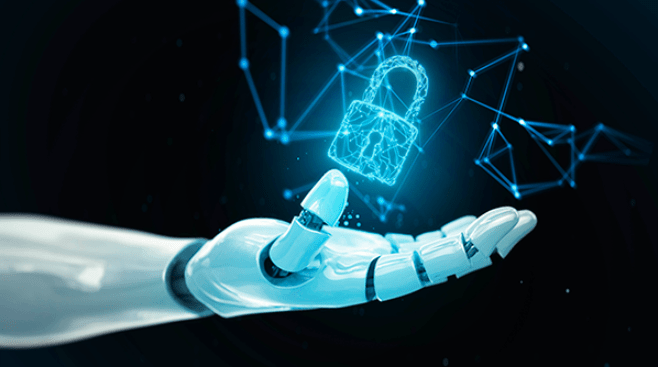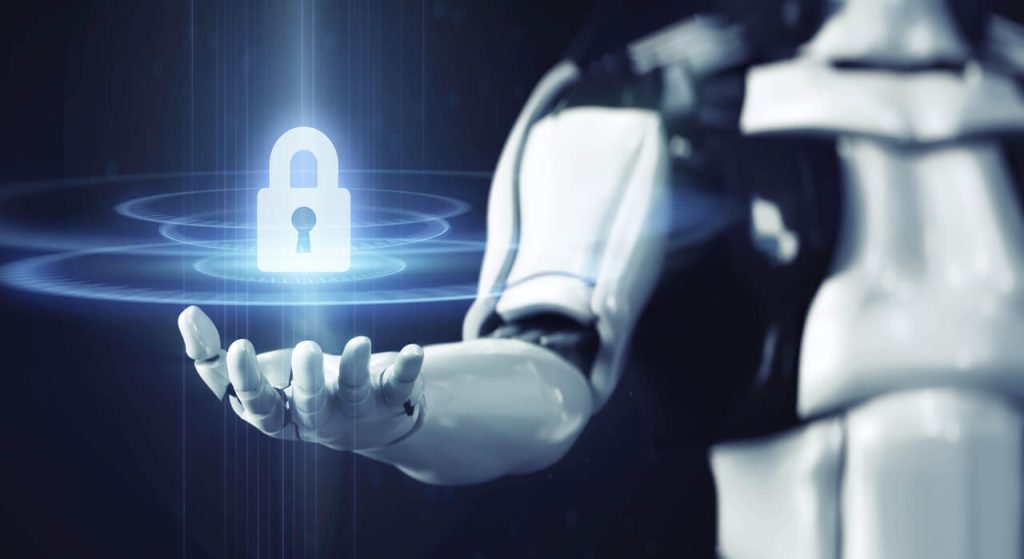As companies, being innovative allows us to adopt a conscious leadership role and thereby contribute to the progress of society in all its dimensions. Let’s identify today’s challenges to build the solutions we’ll need tomorrow.
In 1760, at the beginning of the First Industrial Revolution, the companies leading the mechanization process, creating, and driving the use of steam engines and hydraulic power, were probably not aware that they were protagonists of change in the paradigms of production. In fact, the magnitude of the economic, social, cultural, and technological transformations likely became visible and quantifiable only a decade or two later, at least.
Today, more than 250 years later, with a 4th Industrial Revolution still under construction and even a Digital Acceleration process driven by the Covid-19 pandemic, companies are again challenged to take the lead in this era of dynamic changes.
However, experience from previous technological leaps has left an important lesson for companies today: from the start, they need to be mindful of their creative leadership and innovative protagonism.
In any case, I must say that although we are fully aware of the importance of our business decisions today, we will probably be unable to rid ourselves completely of the hyperopia that prevents us from seeing the impact of our actions in the short term but will be clearly observed over time.
In a decade, we’ll look back and clearly distinguish the turning point that defined the productive and business paradigm shift of this Industrial Revolution. We will recognize its protagonists, their motivations, and main achievements, and certainly, some of the companies that today are at the forefront of the process will be among them.
Therefore, it’s important that companies take ownership of their protagonism and responsibility in this fully developing 4th Industrial Revolution, where the advance of technological solutions allows us, each day, to push the limits of our expectations a little further.
As companies that exercise leadership, today we have an invaluable opportunity to be mindful, focusing on our changing environments, and imagining the future and what the world will be like in 20, 30 or 50 years, to start building its foundations immediately.
We have the historical opportunity to lead this evolutionary process, where all dimensions of human activity, not only industrial and economic, but also the way we advance as a culture and relate to each other as a society, will experience a qualitative leap.
Our challenge is to continue innovating, to persevere in designing solutions to problems we don’t yet know, anticipating disruptive solutions to demands that are only beginning to emerge in today’s world.
In this sense, companies’ intuition is critical. Certainly, listening to our customers and consumers is the cornerstone of our business, providing solutions to their needs and proposing new services to continually raise their satisfaction levels.
However, the ability to create innovative products and services is one of the critical strategic assets our companies have. We must anticipate the future, and since we can do so, nothing can stop us from moving in that direction.
Before the invention of the light bulb, or the electric light bulb, when Thomas Edison acquired the patent in 1880 and perfected the device to make it truly massive and commercial, the lighting industry’s debate at the time revolved around how to make candle wax burn slower.
Being innovative will allow us to be mindful of our leadership and contribute to the progress of society in all its dimensions. Let’s identify today’s challenges to build the solutions we’ll need tomorrow.

Autor:
Hector Alonso
Regional President
Lumen, LATAM









